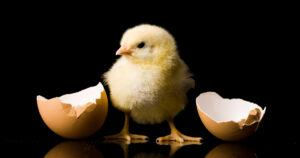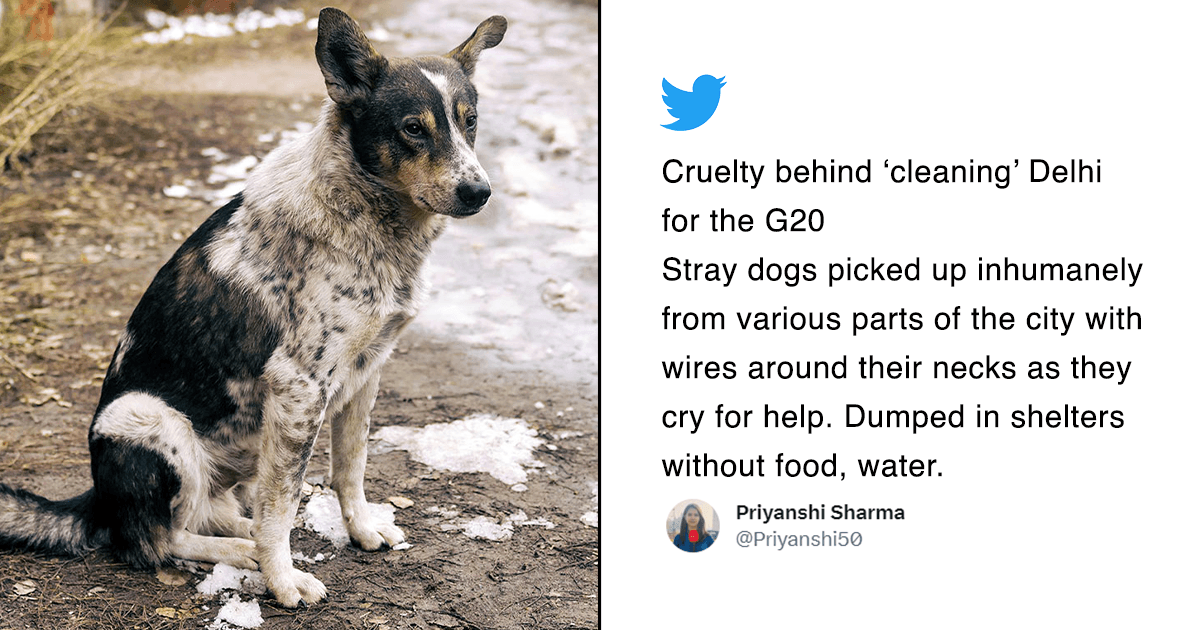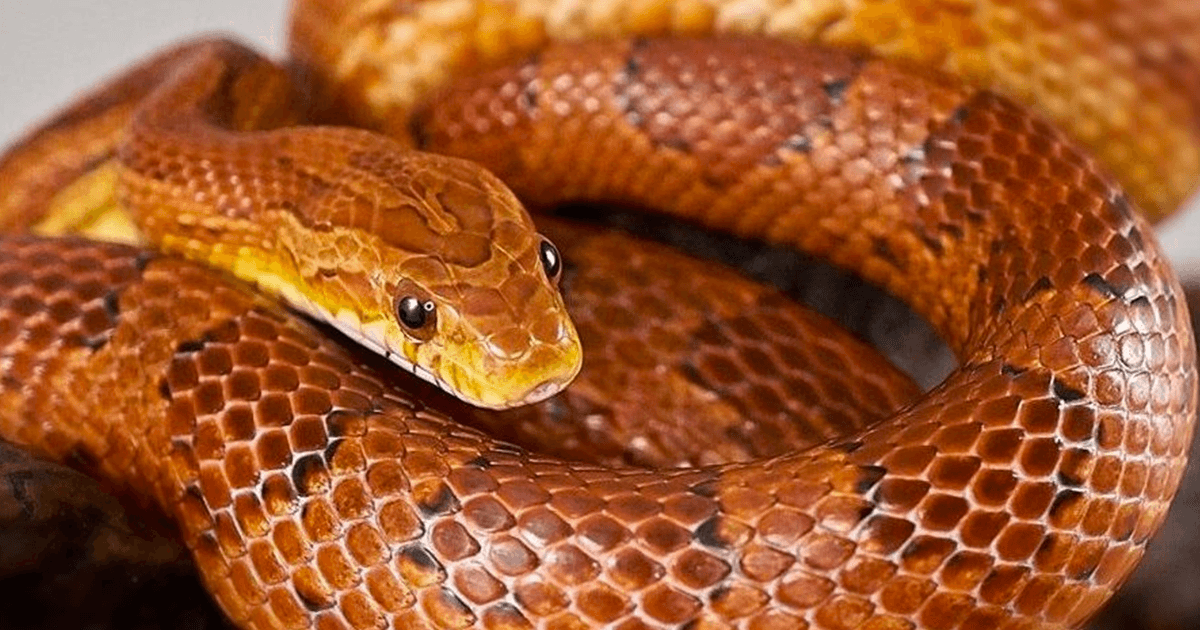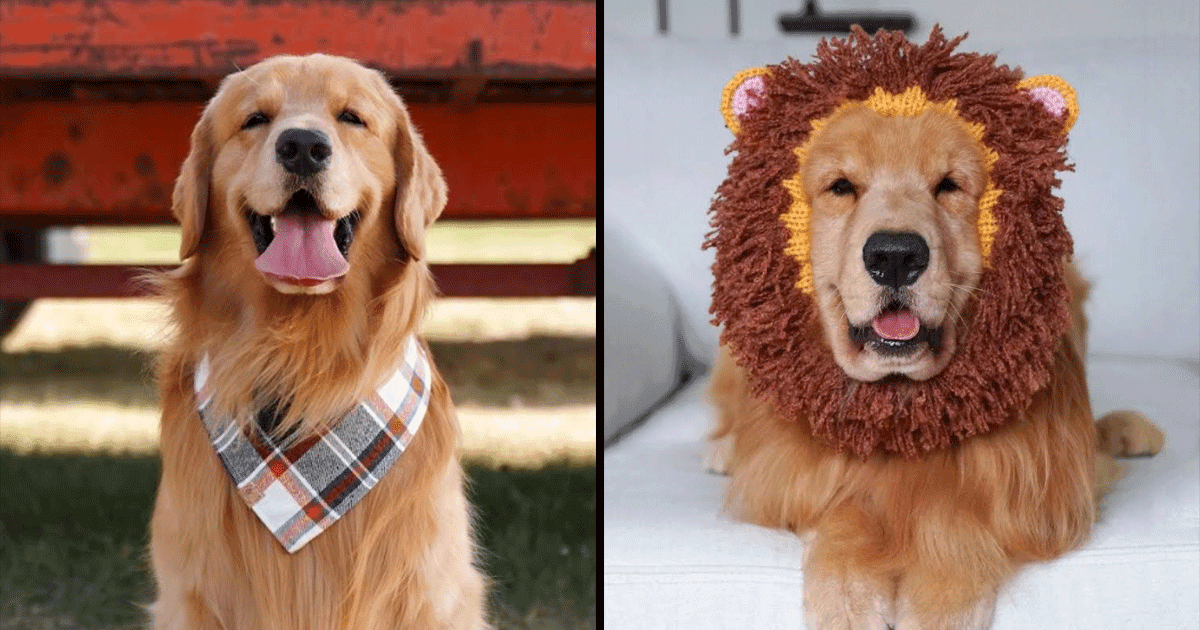-Sir David Attenborough
For the first time in human history, the stability of nature can no longer be taken for granted.
The new nature documentary series Our Planet begins with a shot of the moon and soon enough the camera pans across space to reveal the blue planet, we call home.
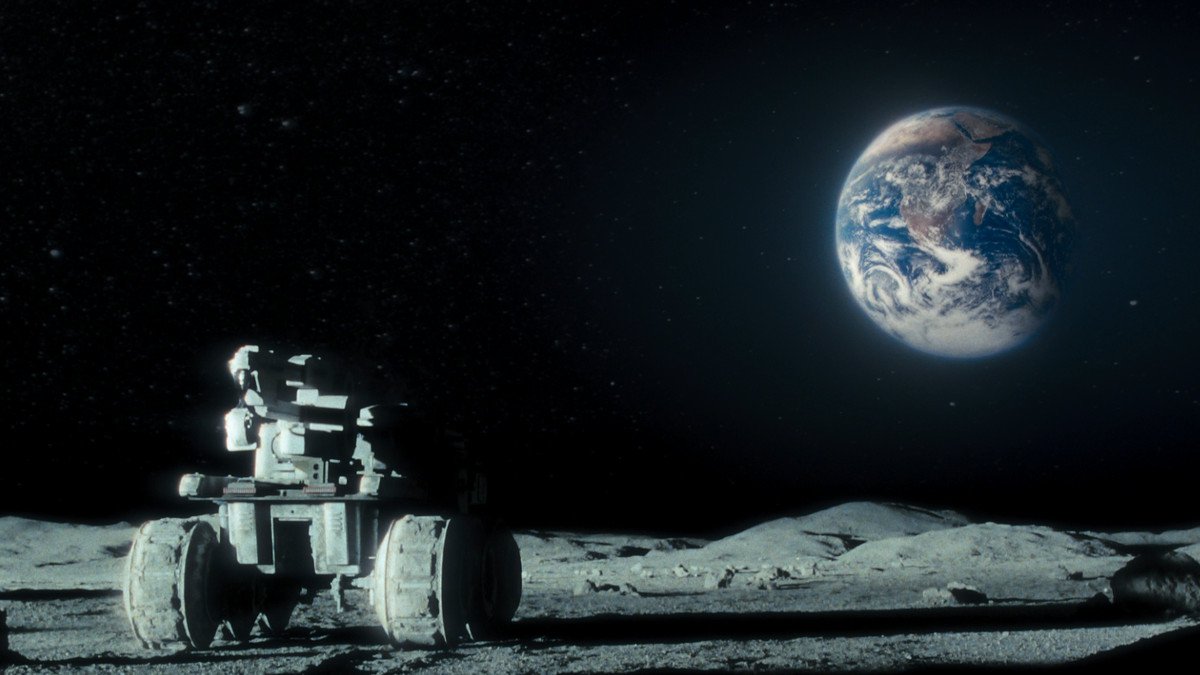
This puts into perspective the fragility of Earth, a small ball of gas in the vast expanse of space with all its limitations.
And throughout the next 8 episodes, the series makes us witness the damage we have done by pushing those limitations to the extreme.
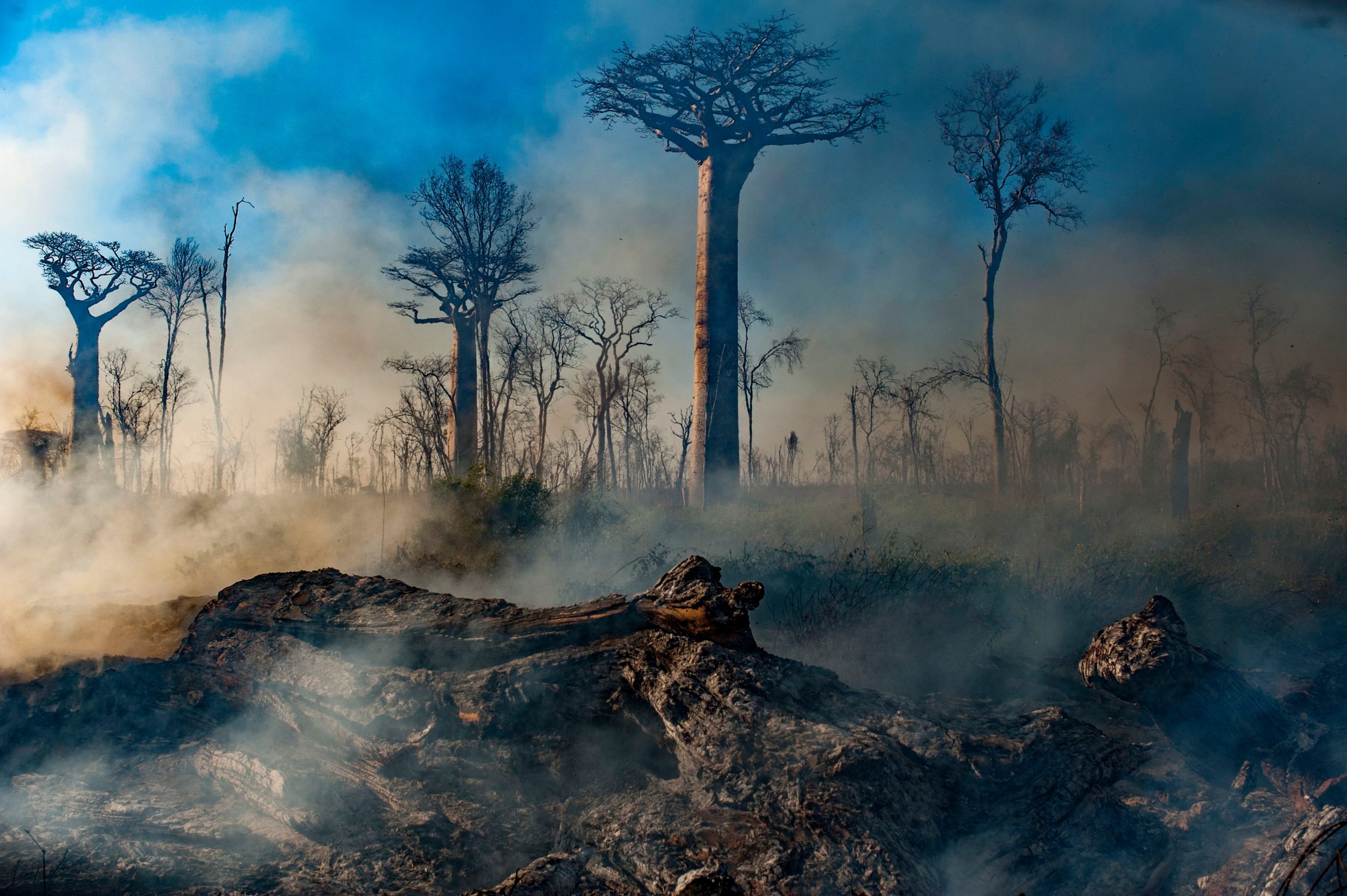
As a polar bear and its infant travel across the icy terrain struggling to hunt down their prey, Attenborough explains that all wildlife has depleted on average, by 60% over the last 5 decades.
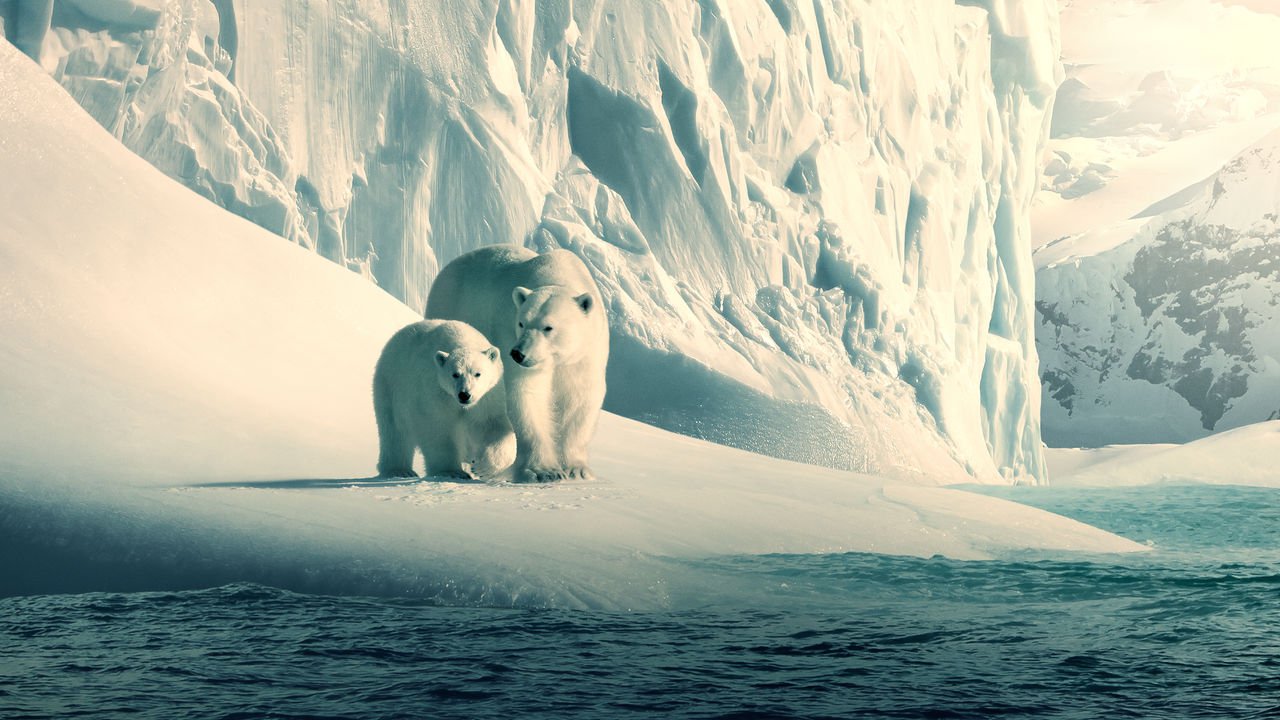
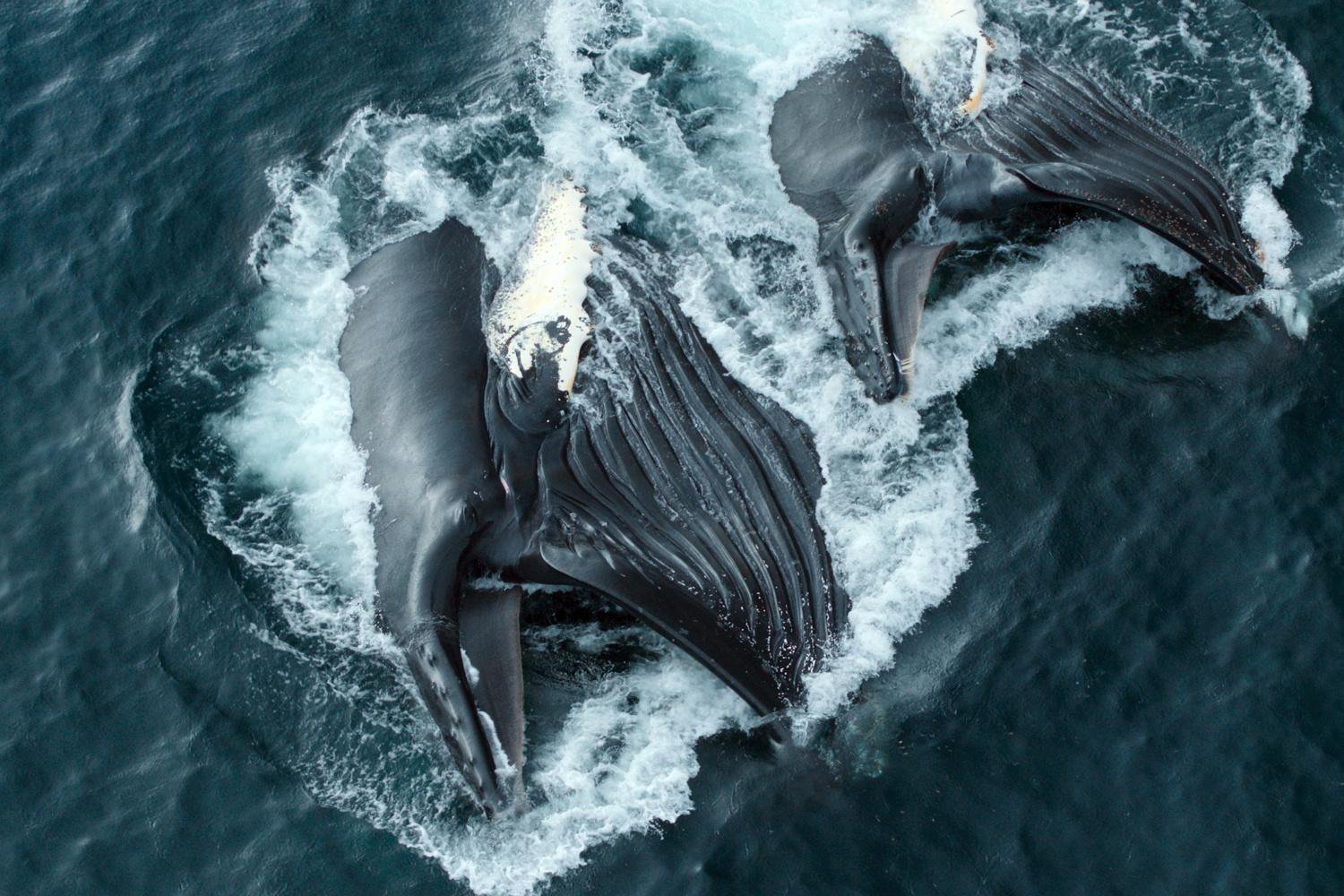
Sea ice isn’t just a vast space of wasteland as a lot of us would like to believe. It is a living habitat with its own elaborate ecosystem.
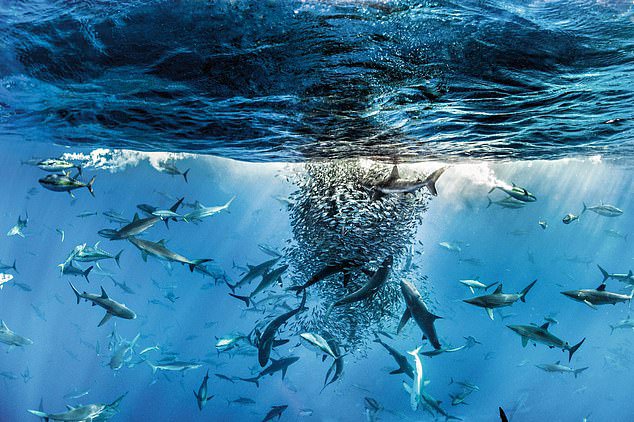
The algae feed on the ice. Multitudes of krill feed on the algae and then turn into food for penguins and whales, who are co-dependent on each other to be able to feed.
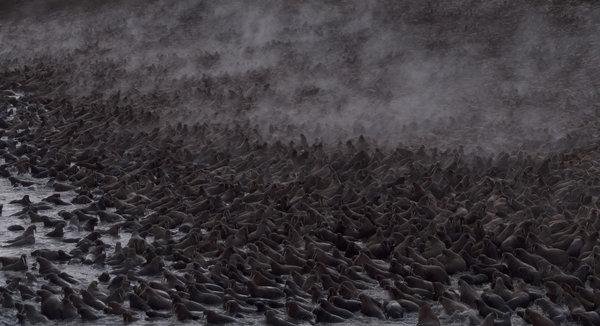
The sea ice is also a protective shield from excessive solar energy., reflecting it back and keeping the Earth cool enough for us to survive.
But by 2040, the Arctic Ocean will be mostly ice-free.
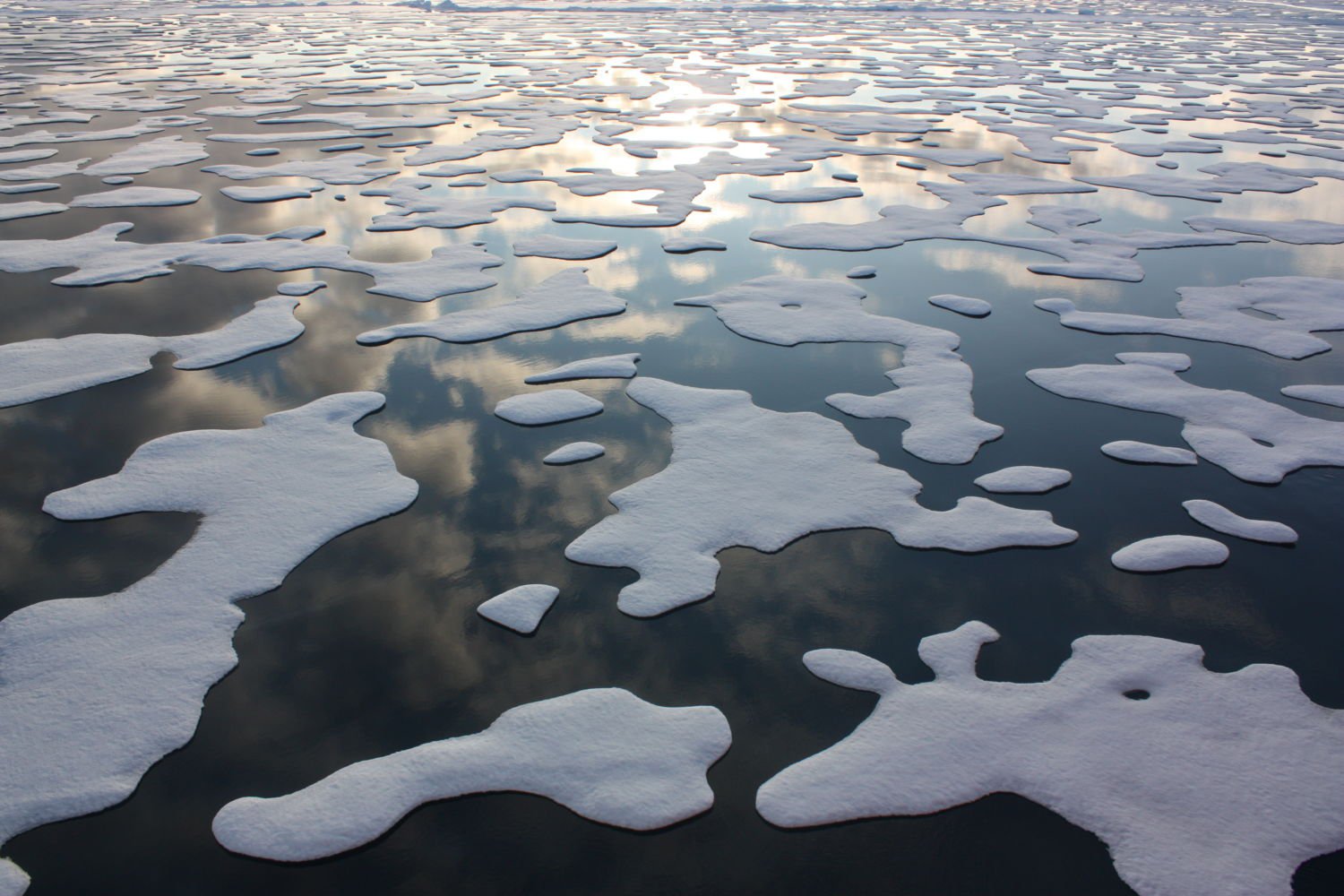
So when we lose the sea ice due to rising global temperatures, not only do we endanger ourselves, we are forcing an entire food chain to perish.
We have to understand that this ice has been accumulated over a period of thousands of years, protecting us and nurturing not just whales and penguins but also other creatures that are heavily dependant on it for their survival.
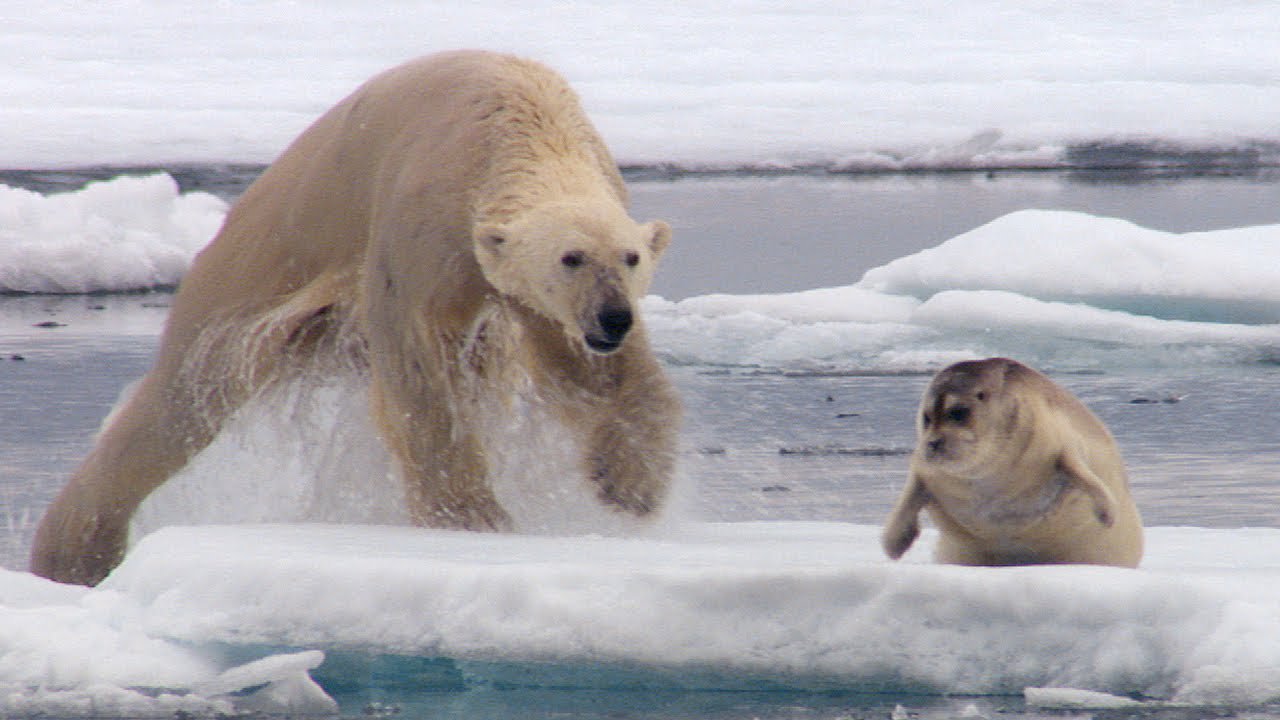
Case in point, the walruses – the Arctic refugees. They need the ice to settle down after being in the oceans. But the lack of Arctic ice forces millions of them to migrate and settle in tight corners of Alaska, Canada and Russia.
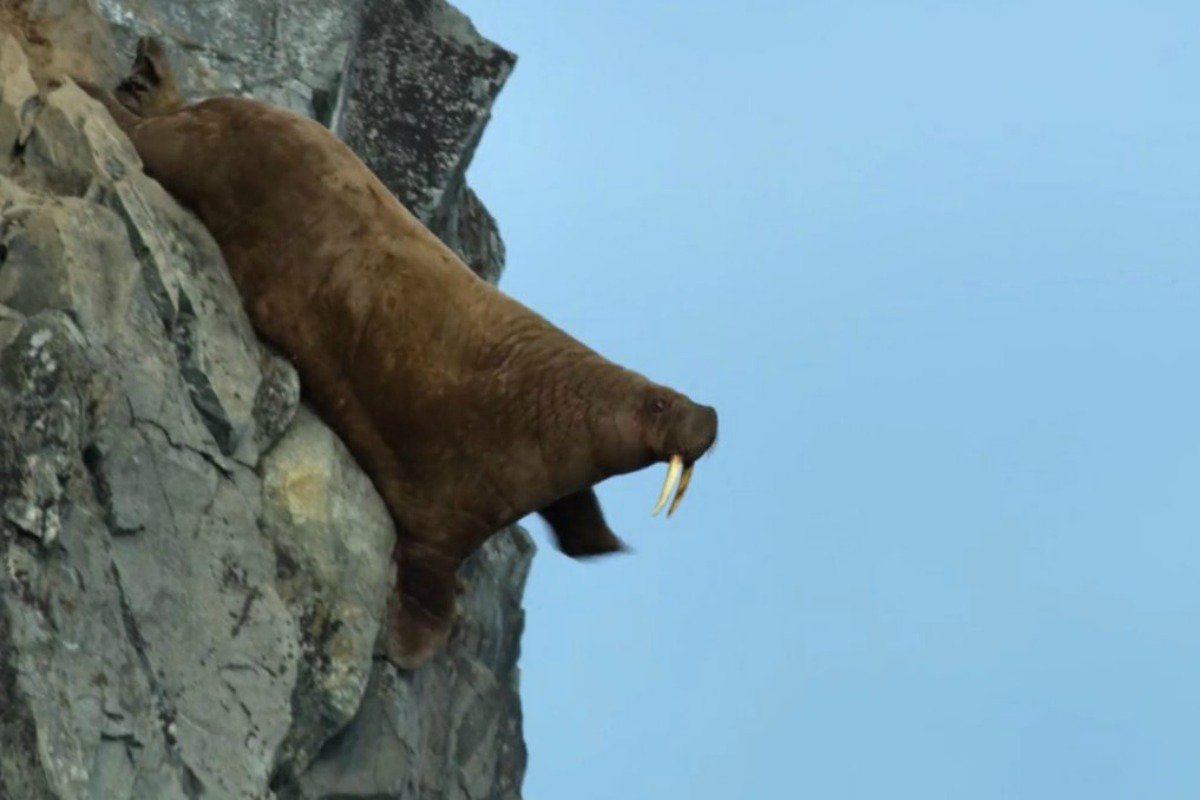
And because there is literally no space for millions, they climb up cliffs. But their depth perception hasn’t evolved enough to deal with such heights. Nor have they evolved enough to trace back the way they climbed.
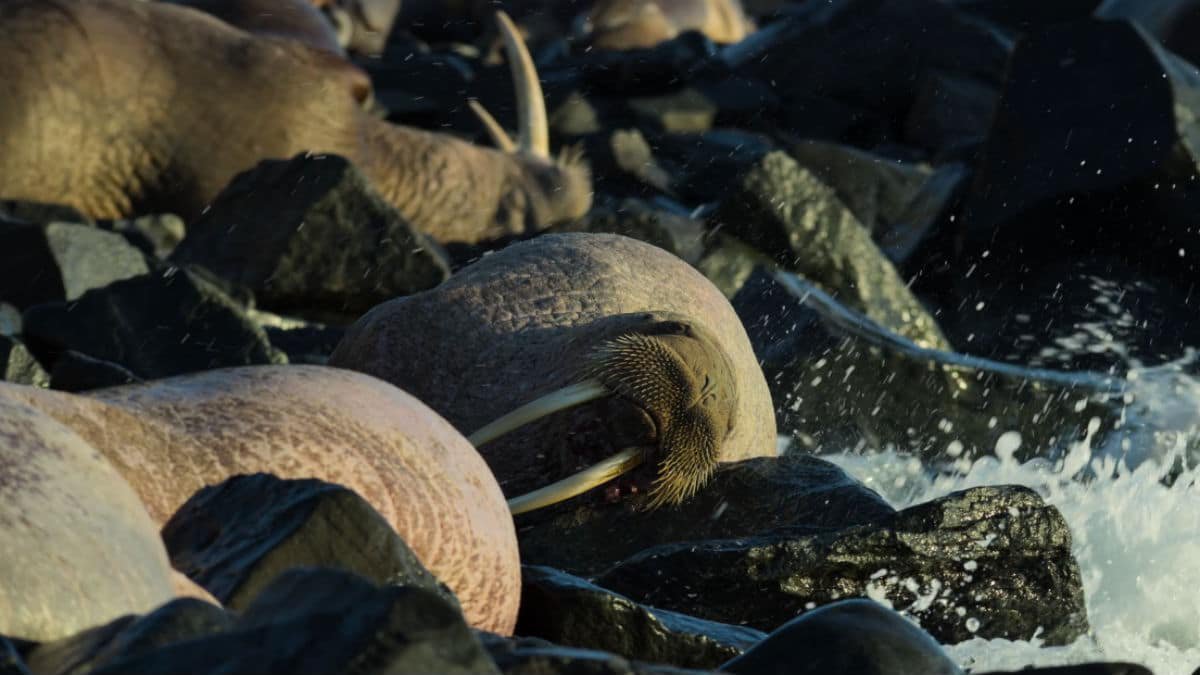
So hundreds of them just walk themselves off the cliffs and fall to their deaths.
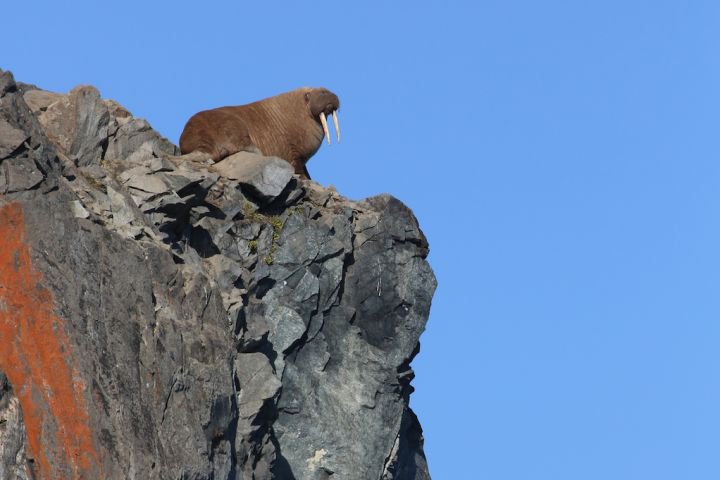
Narrator, Sir David Attenborough writes in the coffee table book that accompanies the documentary:
We are entering a new geological era, not as in the past when changes happened over millions of years, not even over thousands of years or centuries, but within decades — within my lifetime. These changes are as rapid and as great as when the planet was struck by an asteroid.
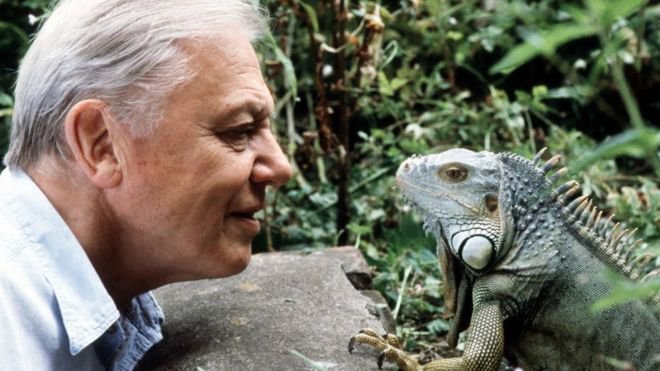
Each year we lose almost nearly 15 million hectares of tropical forest, an area larger than Illinois. Or to bring it closer to home, much larger than the state of Chhatisgarg.
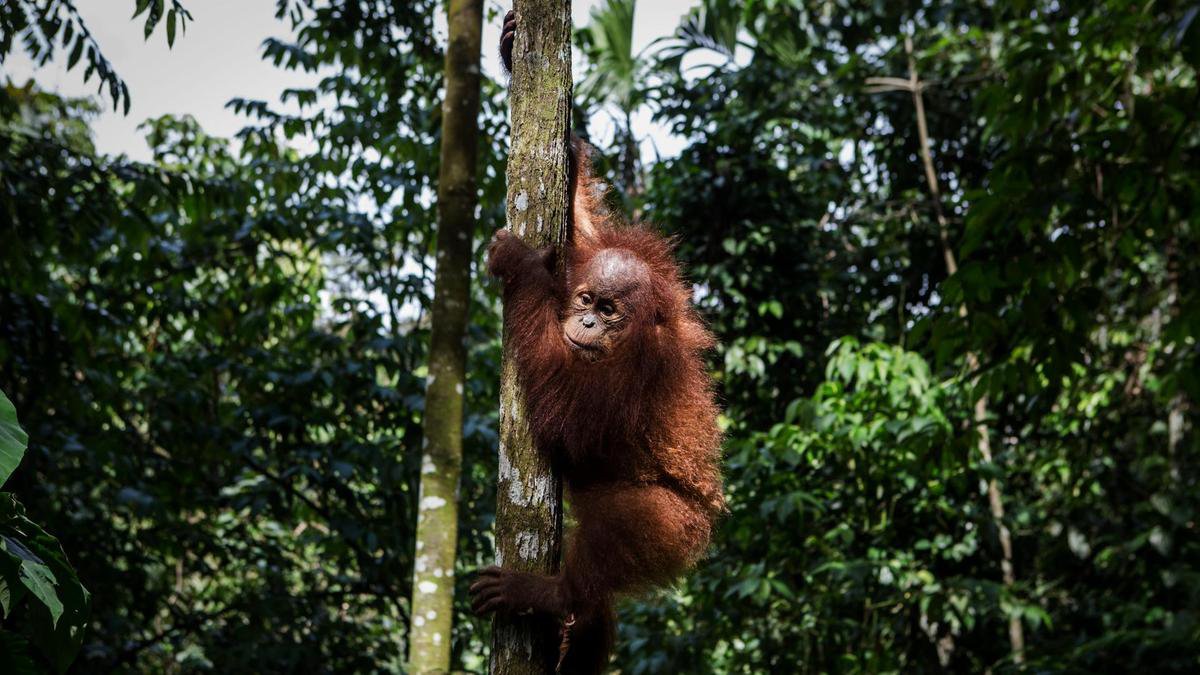
Our Planet stands tall amongst other nature documentaries that often keep the wildlife separate from human civilisation.
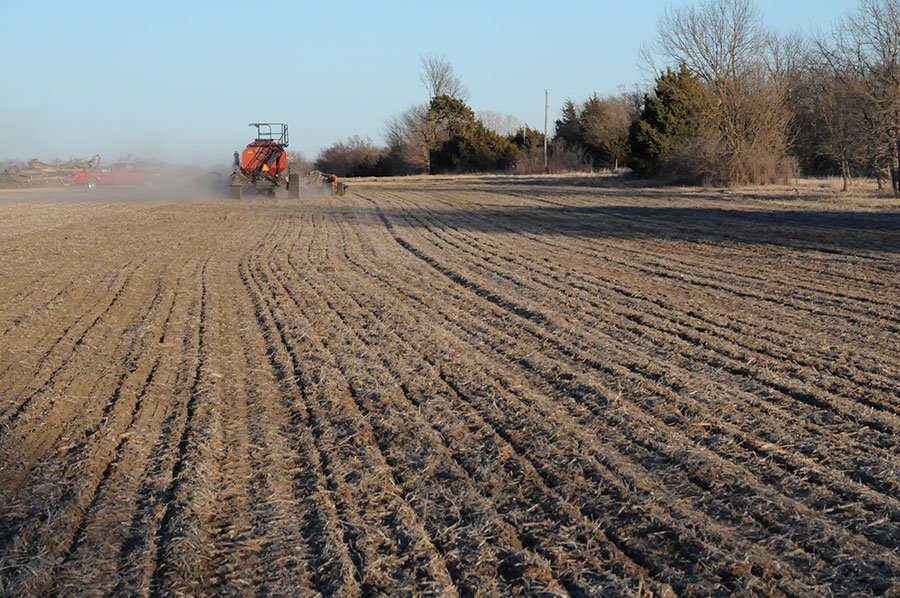
Or a dammed river creating a shortage of water in East Africa. And as much as it hurts humans, it causes more trouble for the rich wildlife in the region.
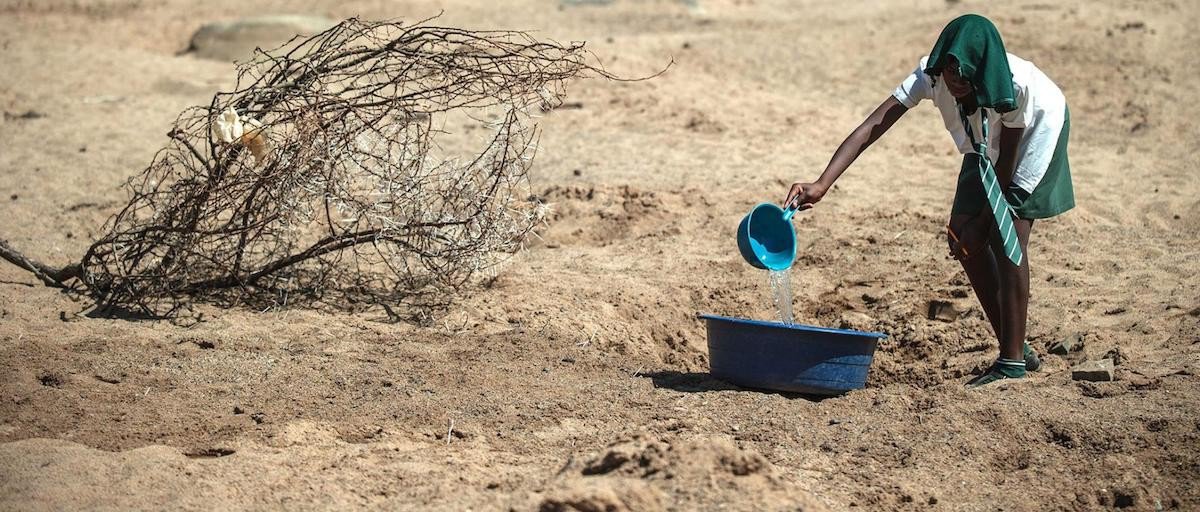
Elephants, hippos and lions try to find water in a desolate and dry landscape. And while elephants dig a well to feed their little calf, hippos, forced to occupy very little space fight amongst each other to their own peril.
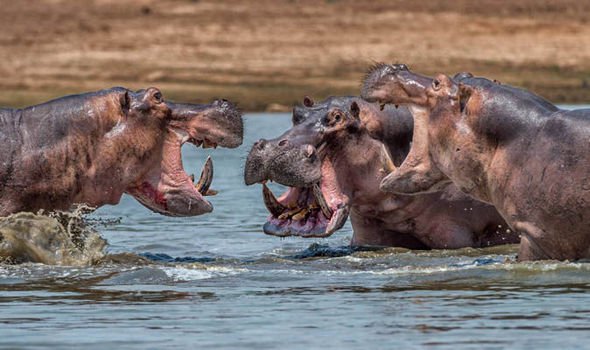
The underlying problem is that we, human beings have been in the habit of taking nature for granted. And nature has provided stability irrespective of our abhorrent behaviour.
But no more. Nature is correcting course as it always has. Only this time, we have fastened the process and in doing so, are running towards our very end.
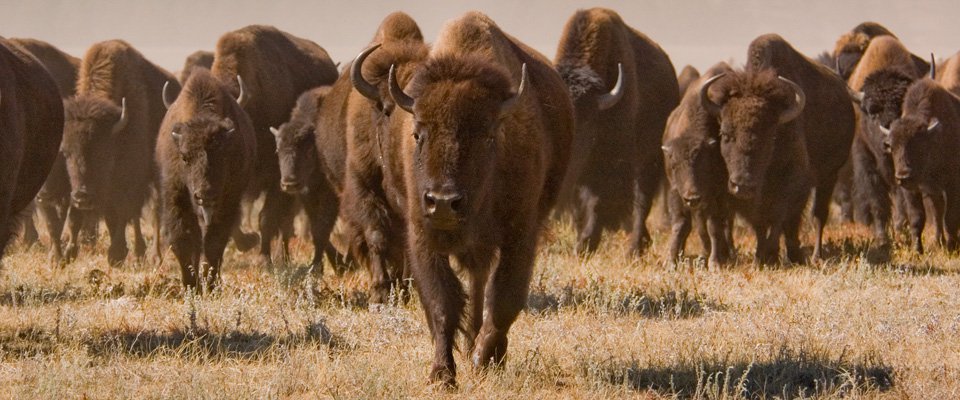
What’s worse is that we are dragging everyone else with us.




